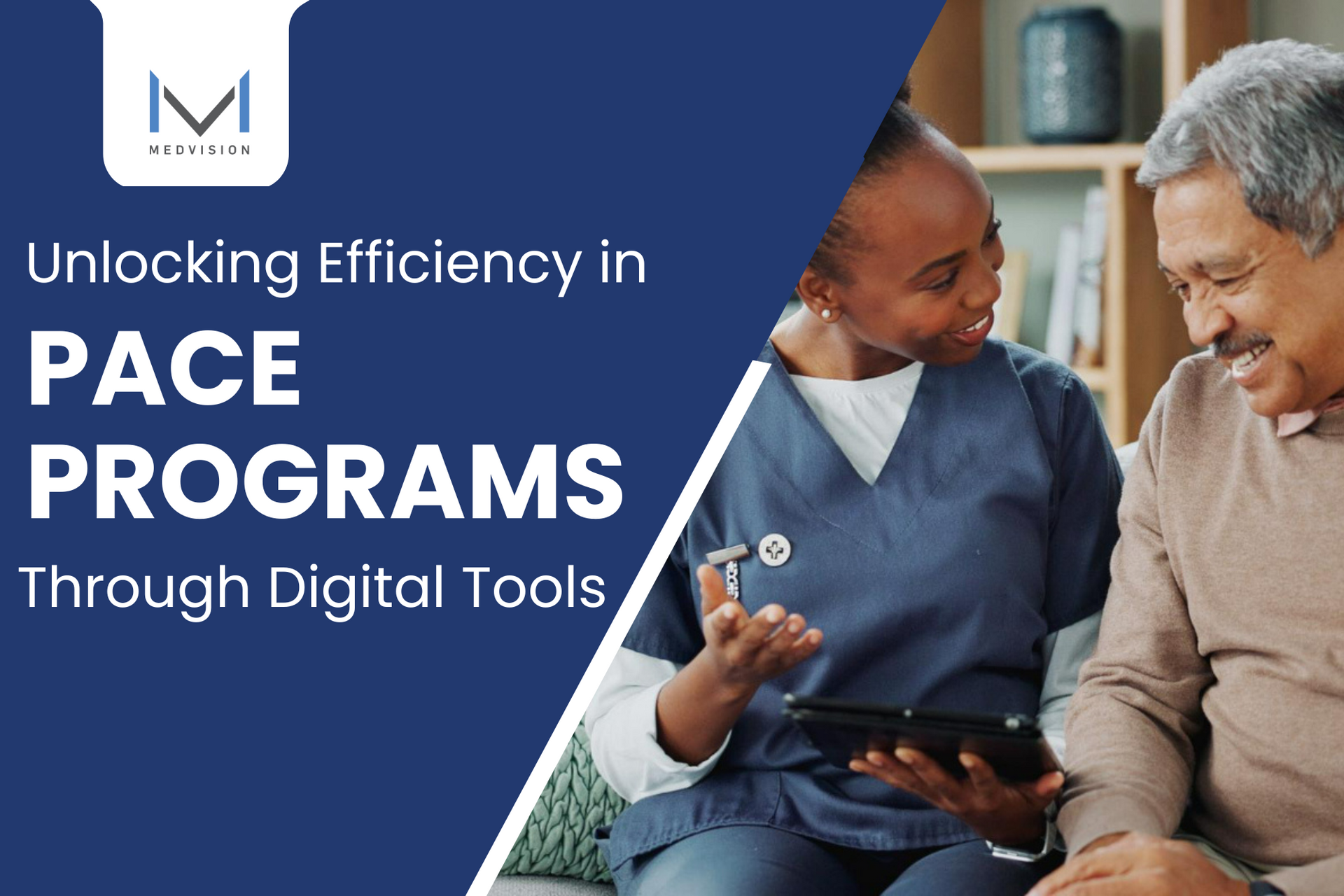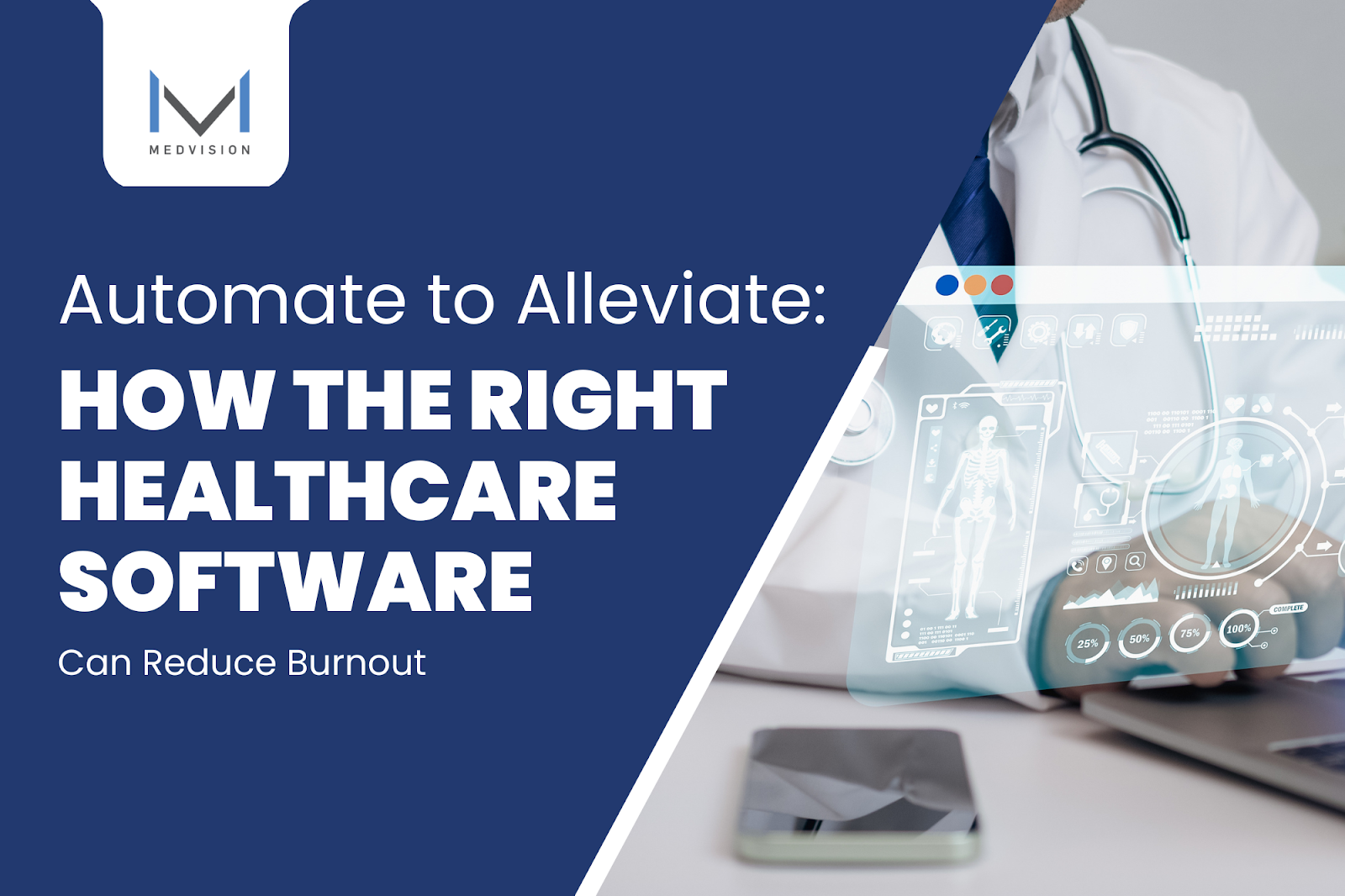Maximizing Your Value-Based Organization with Health Risk Assessments

Treating heart disease and stroke costs the US healthcare system a hefty $216 billion annually, yet this figure is only a fraction of the total economic impact that chronic disease imposes on America.
In response, health centers implement early detection and prevention measures for patients to help mitigate these substantial costs. Health risk assessments play a crucial role in this process by providing foresight and illuminating the path to prevent worsening healthcare scenarios.
The benefits of health risk assessments extend beyond cost savings. These assessments also serve as a cornerstone for proactive healthcare strategies that enable organizations to tailor interventions for each patient.
Let’s examine the impact of health risk assessments on healthcare delivery models, including their long-term effects on healthcare costs and patient outcomes.
How Health Risk Assessments Enhance Value-Based Organizations
Health Risk Assessments are systematic evaluations designed to identify potential health risks and vulnerabilities within a population. These assessments involve collecting comprehensive health information from individuals to assess their health status, lifestyle choices, and possible risk factors.
There are various types of health risk assessments, each tailored to address specific aspects of health and well-being. Common types include lifestyle assessments, chronic disease risk assessments, and mental health screenings. These tools allow you to understand patients' health profiles comprehensively.
Early Health Risk Identification
Early identification is one of the primary benefits of a risk assessment in healthcare. By assessing individuals' health status and identifying potential risks early on, you can intervene proactively to mitigate these risks, preventing disease progression and improving overall health outcomes.
Medical practitioners search for these identifiers in a patient’s medical record or during their first visit to assess health trajectories:
- Family Medical History
- Personal Medical History
- Lifestyle
- Medication Use
- Social Determinants
- Occupational and Environmental Exposures
By thoroughly evaluating these aspects of a patient's history, you gain valuable insights into a patient’s current health status and potential risks. This allows for early intervention and improves health outcomes.
Enhanced Population Health Management Strategies
Health risk assessments contribute significantly to developing robust population health management strategies. You can effectively tailor interventions by leveraging the data gathered through evaluations.
For example, a community health assessment might reveal that a particular demographic group has a higher prevalence of obesity and related conditions like diabetes. Armed with this information, healthcare providers and public health officials can prioritize interventions targeted at this high-risk population to prevent the onset of chronic diseases.
Read More: How ACOs Are Changing Population Health Management
Improve Cost-Efficiency
Data from assessments not only help mitigate risks and minimize costly hospitalizations, but they also inform interventions to address risk factors.
Healthcare organizations can allocate resources more efficiently by prioritizing programs based on individual risk profiles. For example, patients identified as high-risk for heart disease may be targeted for cardiac rehabilitation programs or remote monitoring devices to prevent cardiac events.
This targeted approach ensures that resources are directed towards those most likely to benefit, optimizing the use of healthcare resources and reducing unnecessary spending.
Implementing Health Risk Assessments in Your Organization
Successfully implementing health risk assessments demands a strategic approach that covers diverse aspects. This includes involving patients, adopting suitable technology, and connecting provider systems to inform short-term and long-term health decisions. Let's discuss each aspect one by one:
1. Assessment Tailoring
When crafting health and safety risk assessments, generic solutions approaches fall short. Tailoring assessment content to your organization's priorities unlocks critical patient information that informs post-assessment initiatives.
For instance, healthcare providers can ask targeted questions about a patient's diet, exercise routine, smoking history, and family medical background rather than using a standard questionnaire when pinpointing cardiovascular risks. This narrower yet holistic questioning ensures that the data collected is relevant and actionable, empowering providers to personalize interventions for each patient's unique needs.
2. Provider Collaboration
Working closely with healthcare providers is key to seamlessly integrating health risk assessments into everyday care. This collaboration isn't just about exchanging information—it's about tapping into everyone's expertise to craft personalized care plans that really hit the mark for each patient.
Most importantly, this collaborative approach promotes care coordination, ensuring that all members of the healthcare team are aligned in their efforts to address patient health risks and promote wellness.
Read More: The Blueprint to ACOs Coordination of Care Strategy
3. Patient Education
Patients are not merely recipients of medical advice but active participants in their own health journeys. Help them understand that these assessments are not just routine checkboxes in their medical history but invaluable tools that can pave the way for personalized health interventions.
Educating them about their evaluations can guide personalized health plans and even empower them to take a more proactive approach to managing their health. From lifestyle modifications to regular screenings and follow-ups, they are then able to approach health maintenance with a newfound sense of purpose and agency.
4. Health Platform Integration
Invest in integrated health platforms that seamlessly incorporate risk assessments into the overall health ecosystem. These systems drive collaboration and synergy among stakeholders, especially when developing care plans that meet unique needs and risks.
With seamless data sharing among providers, clinic staff, and patients, these platforms promote a holistic approach to health management that fosters a culture of collective responsibility for health outcomes.
Read More: What to Look for in Population Health Management Software
5. Data Analysis
Utilize data analytics tools to examine health and risk assessment data effectively. These technologies can identify patterns, predict health risks, and provide specific patient data for personalized interventions.
During the peak of the COVID-19 pandemic, these solutions proved particularly beneficial as they leveraged big data to aid in diagnosis and predict risk scores. Though challenging, being guided by data facilitated better preparation for a more resilient healthcare industry against the formidable virus.
6. Information Security
Enforce solid data security measures to safeguard individual health information. Healthcare organizations are subject to strict regulations, such as the Health Insurance Portability and Accountability Act (HIPAA), that govern the handling of protected health information (PHI).
Implementing solid data security measures ensures compliance with these regulations, mitigating the risk of costly penalties and legal consequences for data breaches. To ensure the confidentiality and integrity of risk assessment data, you can use encryption, access controls, and regular audits.
Align Health Risk Assessments for Value-Based Excellence
As a value-based care organization, you’re naturally driven to optimize patient outcomes and streamline efficiency. That’s why MedVision’s QuickCap v7.0 (QC7) is the perfect technology partner to help you align health risk assessments with your practice’s goals.
The system's robust reporting and analytics features provide a complete overview of population health, offering valuable insights into pressing health needs. This understanding enables you to develop targeted interventions to boost overall population health.
Curate Custom Health Risk Assessments for Your Value-Based Practice
Recently published articles
Keep in touch
Subscribe to get the latest update
Trending topics
Share your insights on social media
Upcoming events and company news















